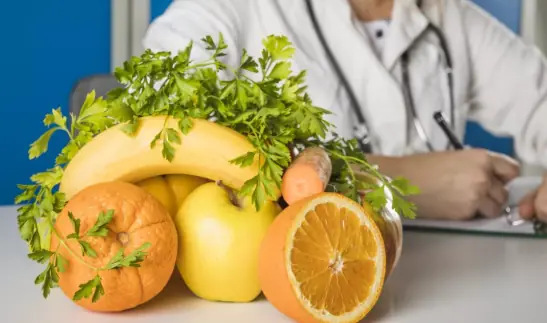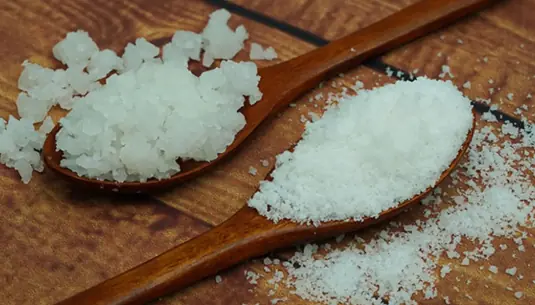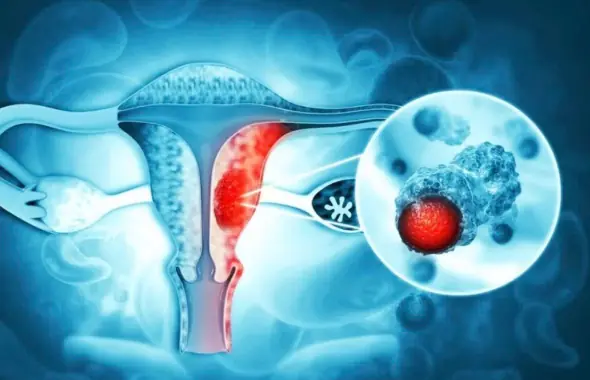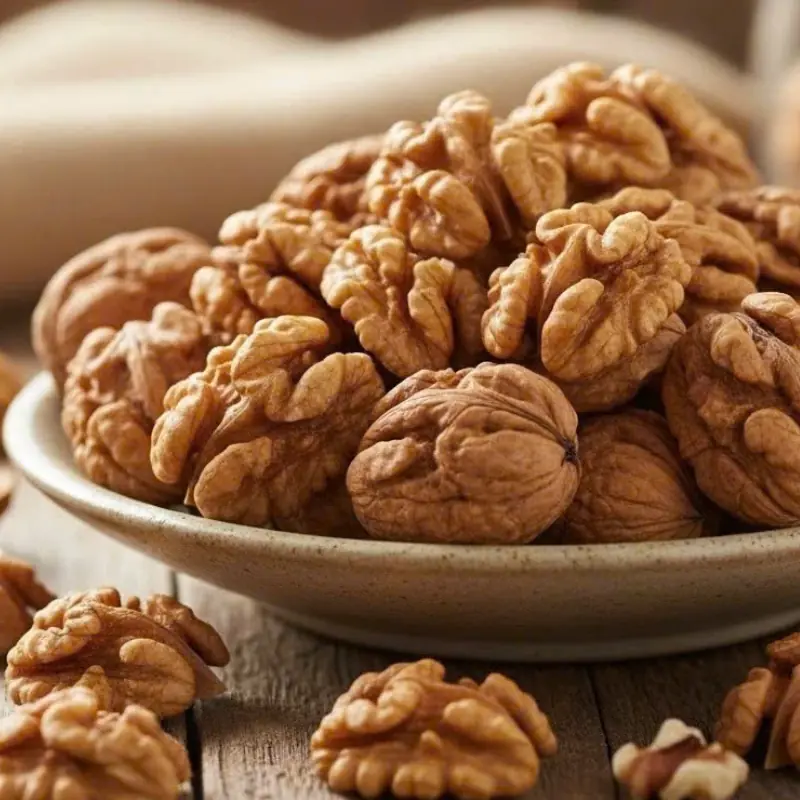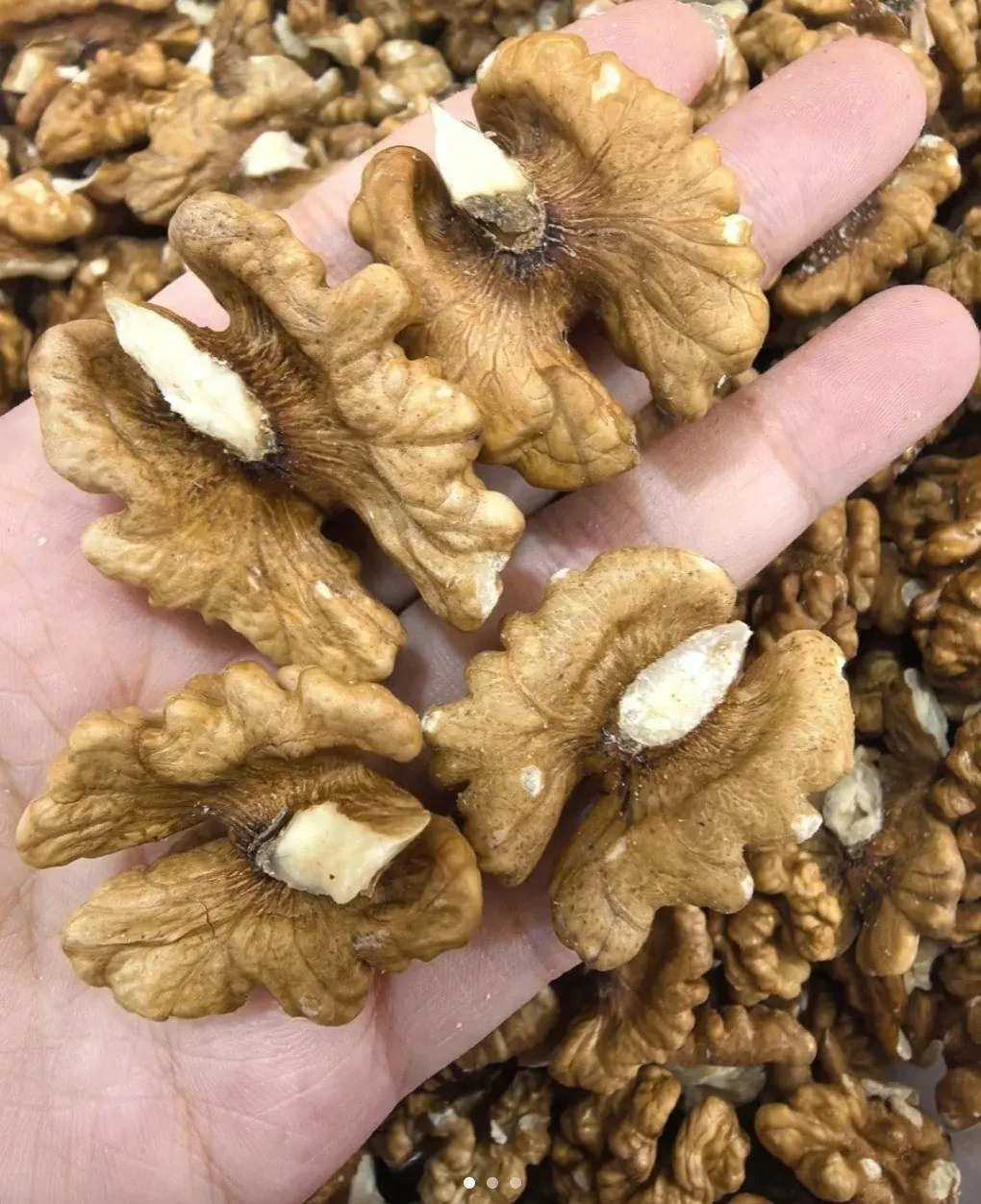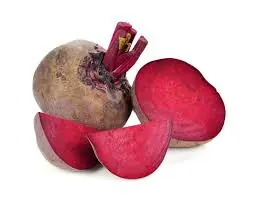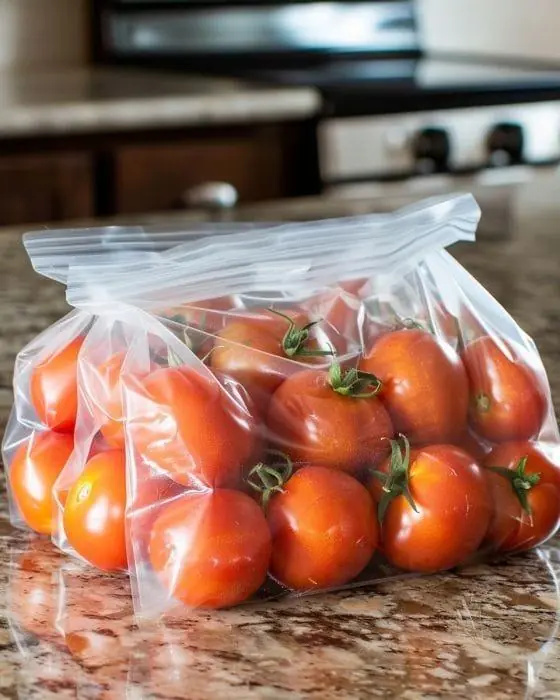People with liver problems don’t need to completely avoid vegetables — but choosing the right kinds and preparing them properly can make a huge difference in reducing stress on the liver and supporting recovery. The liver is the body’s natural detox center, and every bite you eat either helps it heal or adds more work to its load. Here’s how to make your vegetables work for your liver, not against it.
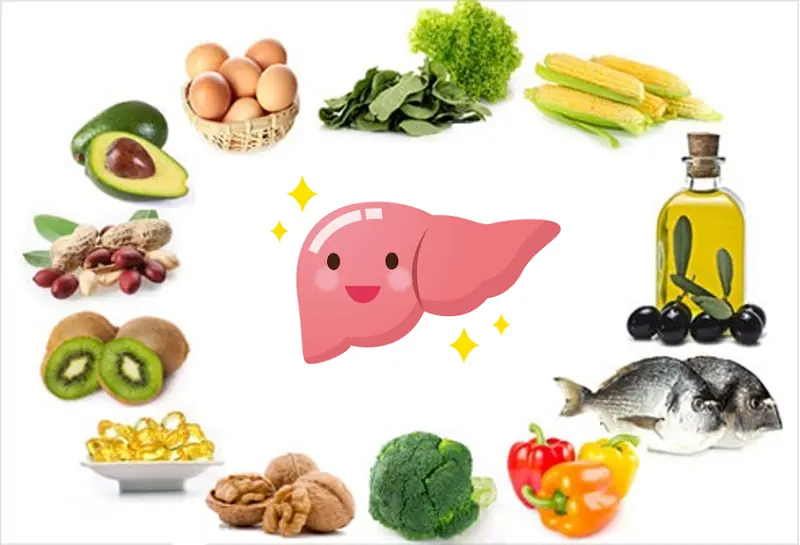
1. Choose easy-to-digest, low-toxin vegetables
Go for light, gentle vegetables that are easy on the digestive system — like gourd, pumpkin, chayote, zucchini, and carrots.
These are rich in soluble fiber and antioxidants, which help improve digestion and reduce the buildup of toxins that the liver must process. Their mild nature makes them perfect for people recovering from fatty liver, hepatitis, or cirrhosis.
2. Prioritize fresh, clean, and well-cooked greens
Raw or unwashed vegetables can carry bacteria, parasites, or pesticide residues — all of which can worsen infections or cause toxin overload in those with weakened liver function.
Always choose organic or traceable produce, wash thoroughly under running water, and cook well before eating. Steaming or boiling vegetables preserves nutrients while minimizing risk. Avoid eating raw salads or street-sold vegetables unless you’re sure of their hygiene.
3. Avoid pickled or fermented vegetables
According to the American Liver Foundation, foods like pickled mustard greens, kimchi, or fermented cucumbers contain high levels of salt and nitrites, which can lead to water retention and increase liver strain.
For those with fatty liver or cirrhosis, these foods can accelerate disease progression and cause swelling (edema). If you love tangy flavors, try replacing pickled dishes with lightly steamed or lemon-dressed vegetables for a safer option.
4. Moderate your intake of cruciferous and oxalate-rich greens
Cruciferous vegetables such as broccoli, kale, and cabbage are excellent sources of vitamins and detox-supporting compounds — but too much can cause gas and bloating, which burden the digestive system.
Spinach and beet greens, on the other hand, are high in oxalates, which can increase the risk of gallstones and make the liver work harder. Eating them in moderation — and always cooked — helps minimize those effects while keeping their benefits.
5. Be cautious with aromatic herbs and strong spices
Raw garlic, onions, chives, and strong herbs contain volatile oils that, in excess, can irritate the liver and raise liver enzymes. While these ingredients have antimicrobial and circulation benefits, they should be used as light seasonings, not as main dishes.
If your liver enzymes are elevated, avoid raw spicy condiments and focus on mild herbs like cilantro, dill, or parsley, which are gentler but still flavorful.
6. Hydration and cooking methods matter, too
For people with liver conditions, how vegetables are prepared can be as important as which ones they eat. Steaming, boiling, or light sautéing in olive oil are the best choices. Deep frying, grilling, or cooking with heavy sauces introduces oxidized fats and advanced glycation end-products (AGEs), which can damage liver cells.
Drink plenty of water or herbal teas (like chrysanthemum or artichoke tea) to support detoxification. Avoid sugary drinks and limit alcohol entirely.
7. Add liver-friendly vegetables to your daily menu
Here are some vegetables that naturally support liver detox and regeneration:
-
Beets – contain betaine, which helps break down fat and prevent liver overload.
-
Artichokes – rich in cynarin, known for promoting bile flow and detoxification.
-
Carrots – full of beta-carotene and antioxidants that protect liver cells.
-
Bitter melon – supports fat metabolism and helps regulate blood sugar.
-
Cabbage and bok choy – enhance enzyme activity for toxin breakdown.
Final takeaway
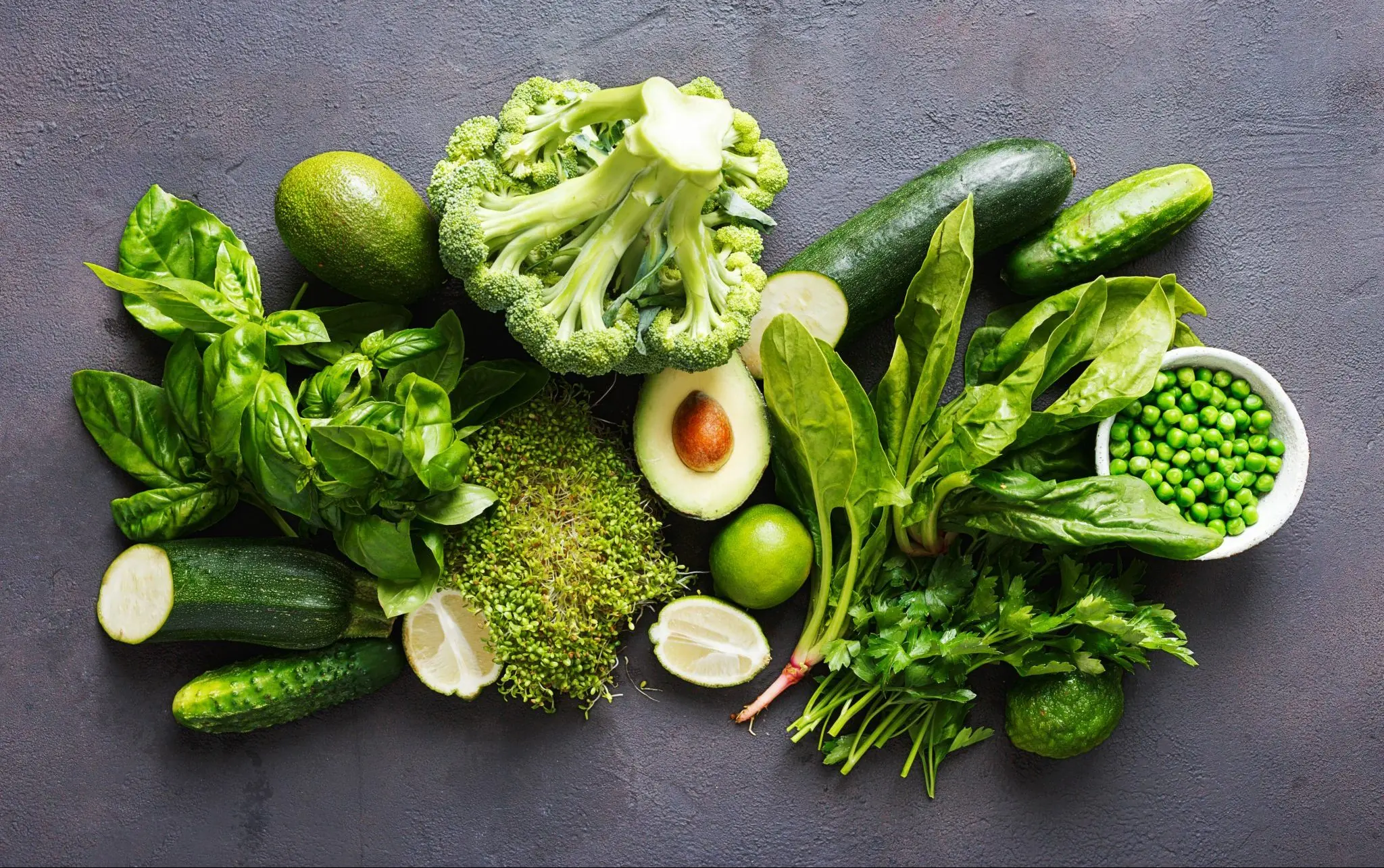
Eating vegetables is essential for everyone — including those with liver disease — but mindful choices can make all the difference. Choose light, clean, and well-cooked greens, avoid overly salty or fermented foods, and cook with gentle methods to protect your liver.
Your plate should be colorful, balanced, and kind to your body. Remember: when your liver is happy, your whole body thrives. 🌿



